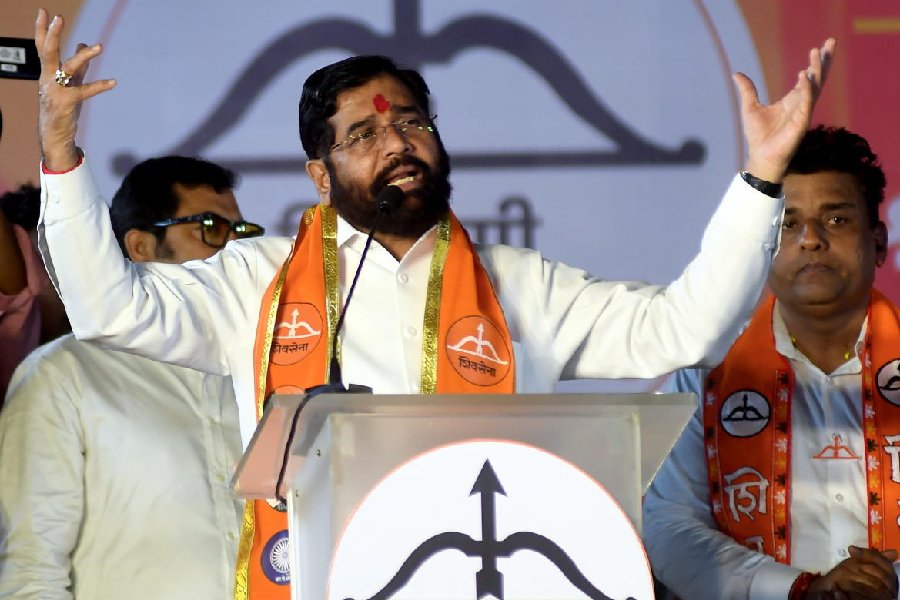The electorate in Maharashtra seems to be spoilt for choice: they can pick and choose from a large bouquet of political parties that are contesting the polls that will take place today. The two principal alliances that are contenders for power — the Mahayuti and the Maha Vikas Aghadi — comprise at least three major parties each. But this surfeit of electoral choice is not a testament to democracy’s strength. It points to a weakness: that of the bankruptcy of ideology which makes politicians change stripes, leading to the splintering of political parties. The erstwhile Shiv Sena and the Nationalist Congress Party, in the fray as divided entities, have been victims of this malaise. The Bharatiya Janata Party, that expert engineer of splits, seeks to gain from this vector. It would be interesting to see whether the public cynicism arising out of this disrespect of the voters’ mandate by politicians, an inevitable aspect of defections, leaves its mark on the electoral contest in Maharashtra.
Of course, the political wheel continues to turn, cocking a snook at the ascendant culture of amorality. It appears that the outcome of this electoral bout could well be decided by a clutch of issues. Foremost among these would be Maharashtra’s perpetual agrarian crisis. Such has been the administrative apathy towards this serious problem that an estimated 2,851 farmers took their own lives in 2023 on account of crop failures, rising debt and low returns: the figure for 2022 was 2,942. The mood in Marathwada and Vidarbha, which together account for 108 seats out of the total of 288, could well decide the fate of the two competing coalitions. Caste, as always, has cast its shadow too. The Maratha vote, influenced by the issue of the reservation stir, could be a factor. Whether a counter-mobilisation by the other backward classes serves as a deterrent remains to be seen. There could also be a subterranean churn on the matter of unemployment, especially among young voters. The Periodic Labour Force bulletin for April-June had pegged the unemployment rate for youths aged between 15 and 29 years in urban areas who had not found work even for an hour in a week during the survey period to be at 16.8%. Unfortunately, the response across the political spectrum to such a plethora of welfare issues remains consistent and facile: sops. That Indian elections continue to be fought and won on such a crude form of populism tells its own story.











